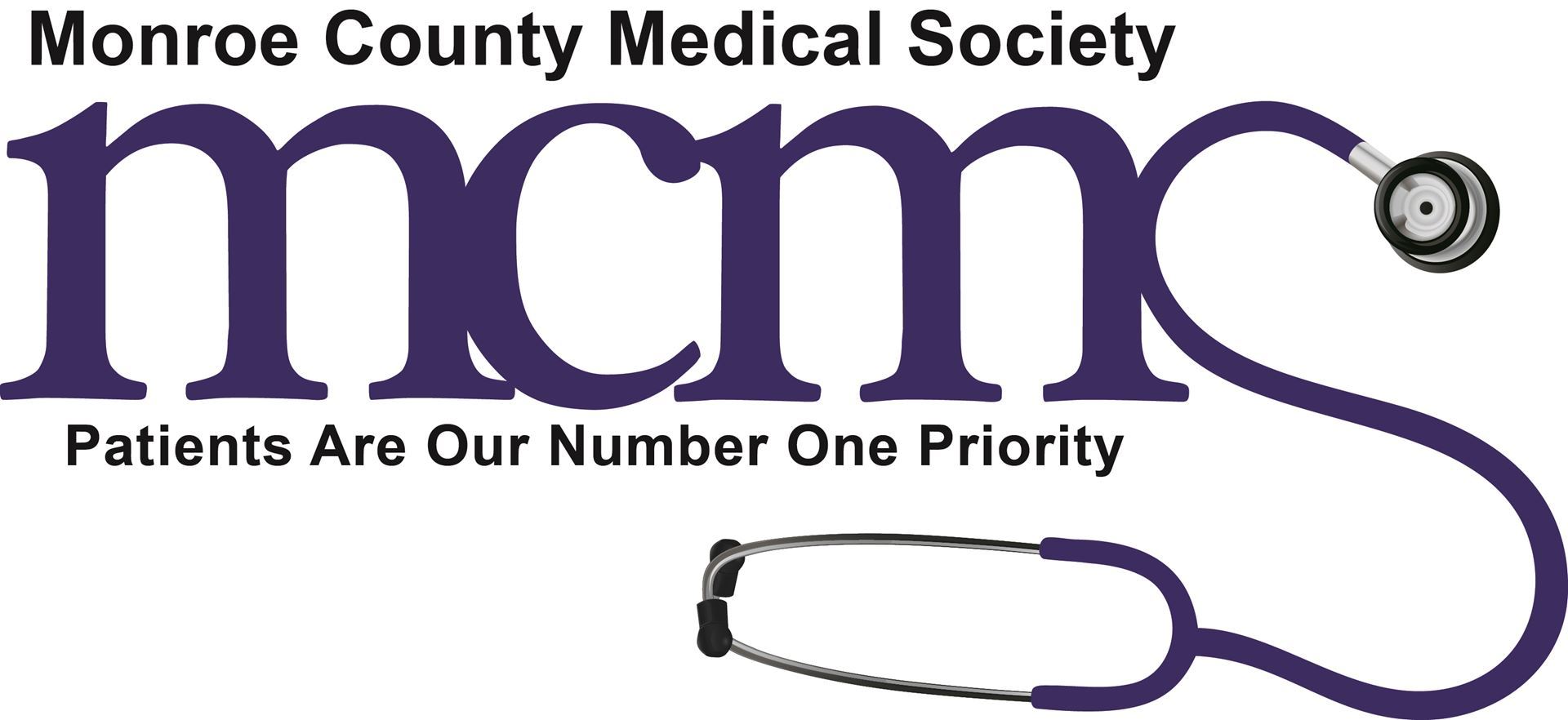Making the Most of Your Medical VisitThe quality of health care is greatly improved when doctors and patients work together as partners. Although much has changed in health care, one thing remains the same, and that is the importance of the doctor-patient relationship. The contribution of both parties is equally important to this partnership. The doctor provides skill and expertise, and the patient brings important information and concerns. It is important that patients make the most of their medical visits by:
Good doctor/patient communications are the key to getting the best health care available to you. This requires effective two-way conversations, so that both the patient and the doctor are talking and listening. A conversation is effective when both parties have given and received the information they feel is necessary to resolve the problem. Give your doctor all the necessary information.
There are many benefits of good doctor/patient communication.
Make sure you get and understand the information you need.
Be prepared for your office visit. Ask yourself the following questions:
After you have thought about these questions, write down what you would like to discuss with your doctor. This includes your symptoms, concerns and the questions you wish to ask. These notes are for you, but if you feel comfortable, you could even give a copy to your doctor. References David E. Larson, M.D., Mayo Clinic Family Health Book (William Morrow & Co., New York, 1990), pp. 1210-1211. William F. McNally, Managing Your Health Care Communicating with Your Health Care Provider, Blue Choice (Dec. 1996). Talking with Your Doctor, Krames Communications (1994). National Institutes of Health, Talking With Your Doctor, (2015). Agency for Healthcare Research and Quality, Before Your Appointment, (2015). | Find a PhysicianMonroe County Medical Society can provide you with a list of member physician who are currently accepting new patients. Click here to Find a Physician. |
